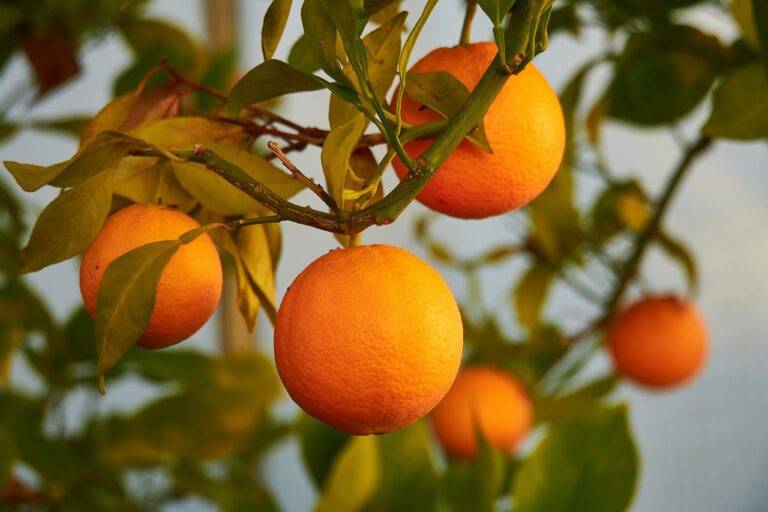The Impact of GMO Foods on Health and the Environment
Genetically modified organisms (GMOs) have sparked ongoing debates concerning their potential impact on human health. Critics argue that the introduction of foreign genes into plants could lead to unforeseen consequences, such as triggering allergies or creating new toxins. Additionally, the use of antibiotic resistance genes in the modification process has raised concerns about the transfer of these genes to harmful bacteria in the gut microbiome, potentially reducing the efficacy of antibiotics in treating infections.
Moreover, the lack of long-term studies on the health effects of consuming GMO foods has fueled skepticism among consumers and health professionals alike. Some studies have suggested links between GMO consumption and health issues like stomach inflammation, organ damage, and even cancer development in animal models. While proponents of GMO technology point to the rigorous testing that genetically modified crops undergo before reaching the market, the complexity of the human body and the intricacies of gene interactions underscore the need for continuous monitoring and research into the potential health risks associated with GMO foods.
Environmental Consequences of GMO Crop Cultivation
GMO crop cultivation has raised concerns about its potential impact on the environment. One of the major issues is the risk of genetic contamination. Pollen from genetically modified crops can spread to non-GMO plants, leading to unintended cross-pollination and the potential loss of biodiversity in natural ecosystems.
Additionally, the use of GMO crops has been associated with an increase in pesticide use. Farmers often rely on herbicides and insecticides to control pests and weeds in genetically modified crops. This heavy use of chemicals can have negative consequences on soil health and water quality, as well as harm non-target organisms such as bees and other beneficial insects.
The Role of Pesticides in GMO Agriculture
GMO agriculture often involves the use of pesticides to protect crops from pests. Pesticides are chemicals designed to kill or control pests that can damage crops. In conventional farming, pesticides are commonly used, but their use has increased with the adoption of GMO crops that are engineered to be resistant to pests.





